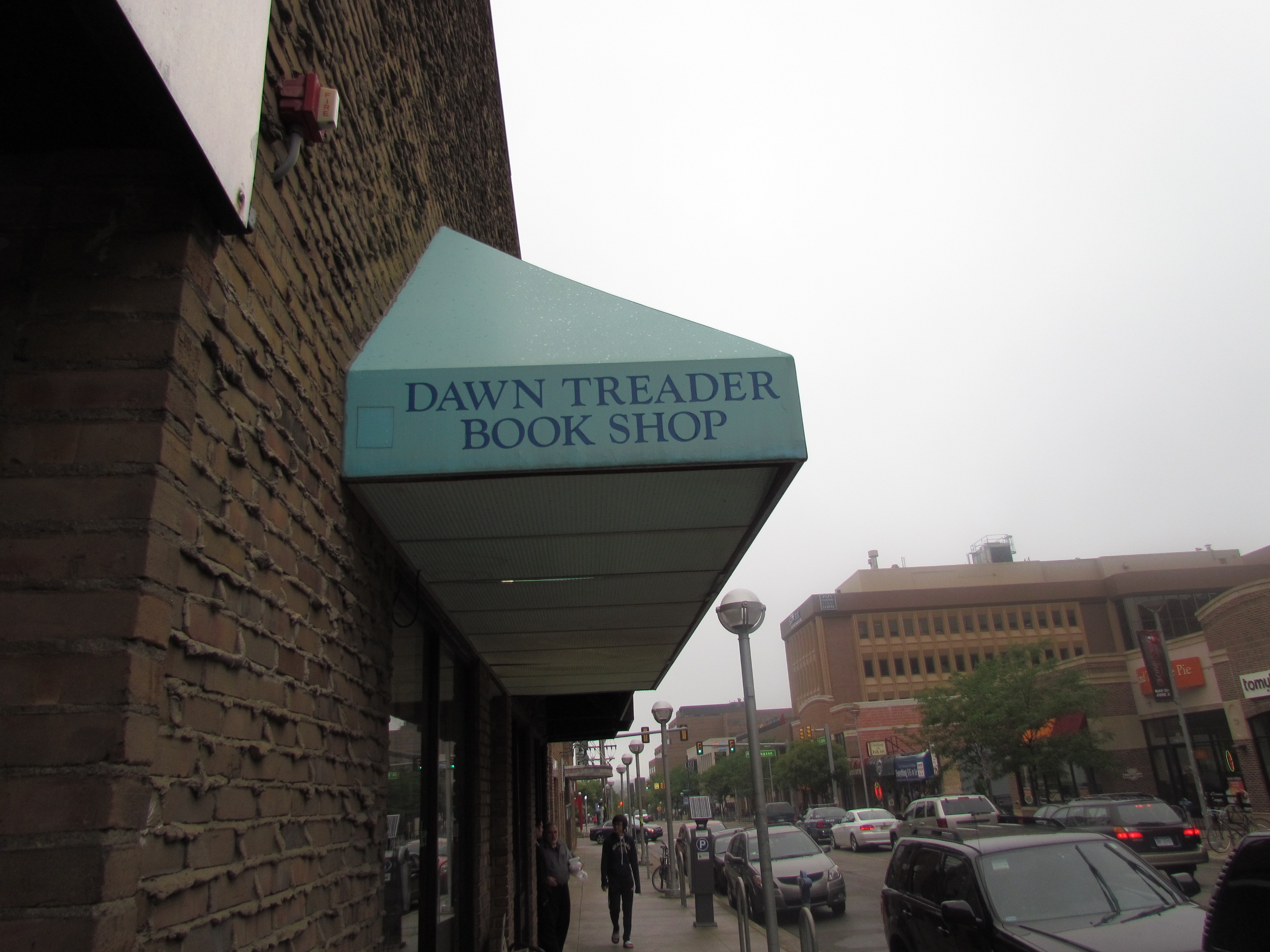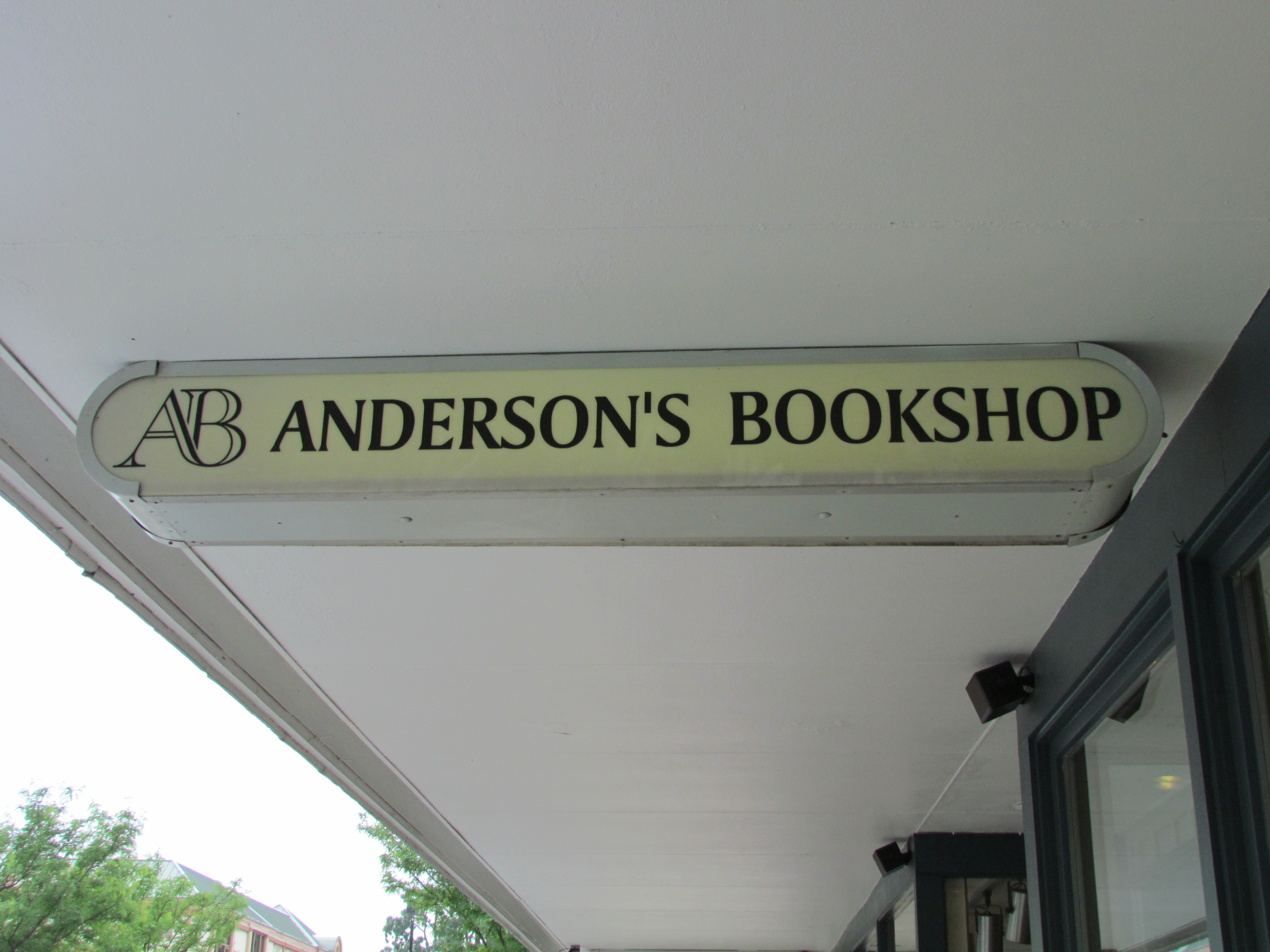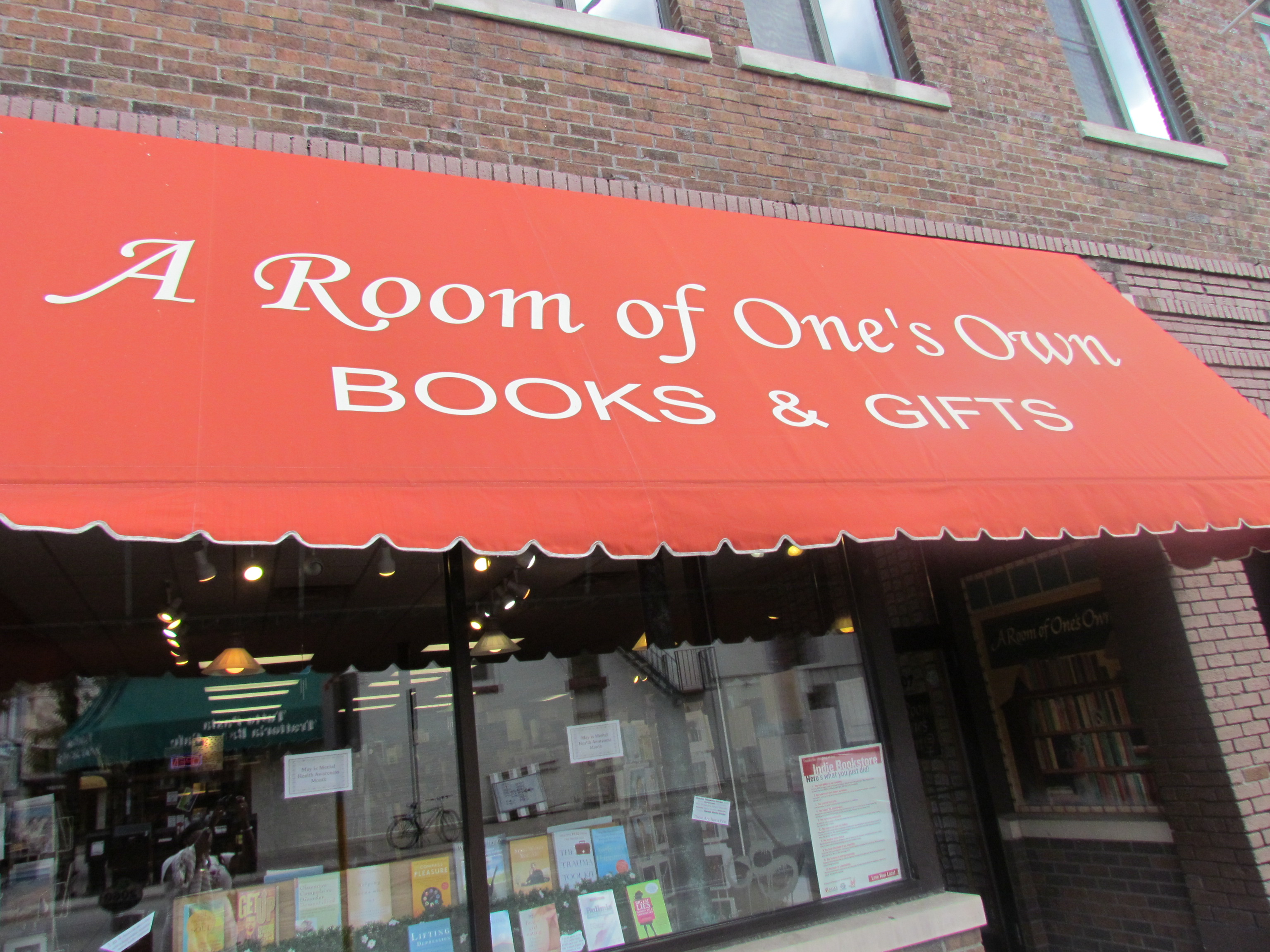They were looking only for gold,” his companion answered. “They were seeking the treasure of their Personal Legend, without wanting actually to live out the Personal Legend.
Paulo Coelho, The Alchemist
While reading The Alchemist, I felt my quest to be a published author was akin to Santiago’s quest for the buried treasure. He believed finding that treasure would miraculously change his life. He would have everything he ever needed, and in turn find contentment. That’s exactly what I thought would happen to me once I wrote a novel and had it published.
Publishing became my panacea. I believed that accomplishment would solve all my problems. I’d be famous and rich, which would inevitably lead to some sense of nirvana. It was like standing on the shore waiting for my ship to come in, especially since in the beginning I spent very little time, if any, actually writing. When I finally started to write, I was easily frustrated by how challenging it can be to translate the ideas in your head to words on the page. More often than not, I would give up after a while. I wanted the book, but not the work required to produce it. Writing was all about the finished book not about becoming a writer. I wasn’t much interested in living out my Personal Legend. I just wanted the treasure. The fame. The fortune.
Imagine my disappointment when I discovered that a publication rarely leads to the lifestyles of the rich and famous. However, I asked myself must I write? And I discovered I must, even if I never publish a book. I challenged myself to learn all that I could about writing so that I could grow as a writer. I sometimes wonder what would have happened to my personal quest if the current trend of self-publishing had been as popular twenty years so. Must likely I wouldn’t have two graduate degrees in writing and a real love for the craft.
All that to say, living out your Personal Legend isn’t about the bottom line or whatever you consider your “treasure.” It’s about who you become in the process. I find this particularly true after fourteen days of continuous blogging. I have had to make a conscious decision on how I spend my day and what I think about. Consequently, rather than obsessing about things that are bothering today, I thought about today’s post. I even found myself thinking about revisions for the next chapter of my novel. I am learning the self-discipline needed to truly live a writer’s life.
Paulo Coelho explains it this way in a passage that precedes the one at the top of the blog:
There is only one way to learn,” the alchemist answered. “It’s through action. Everything you need to know you have learned through your journey. You need to learn only one thing more.
I believe that one thing for me is follow-through. So onward I go with the December challenge.
Until tomorrow . . .


 ntly I bought Call me, Zelda by Erika Robuck from a local
ntly I bought Call me, Zelda by Erika Robuck from a local
 comfort zone” and the other labeled “Where the magic happens.” Lily’s behavior is much like our own when we are unwilling to a take a risk because it involves letting go of our perceptions of ourself. Sometimes detaching from “old associations” and reorganizing our lives is the very thing we need improve our circumstances. But instead, we use our energy to maintain the illusion of being satisfied with the status quo.
comfort zone” and the other labeled “Where the magic happens.” Lily’s behavior is much like our own when we are unwilling to a take a risk because it involves letting go of our perceptions of ourself. Sometimes detaching from “old associations” and reorganizing our lives is the very thing we need improve our circumstances. But instead, we use our energy to maintain the illusion of being satisfied with the status quo.













 I was tempted to jump on the holiday bandwagon and make this blog about Christmas, but I just finished
I was tempted to jump on the holiday bandwagon and make this blog about Christmas, but I just finished  I recently read Franzen’s 10 rules for Writing Fiction on
I recently read Franzen’s 10 rules for Writing Fiction on 